Executive Summary
"If one can get fired for poor performance, one must also be able to "get rich" for extraordinary performance." - Peter F. Drucker
The pay of corporate executives have always been strange alchemy of objective performance metrics, perceived organizational status and personal hubris. Trying to draw a straight line between a chief executive officer's (CEO) remuneration and corporate performance is a difficult enterprise that tends to lead to frustration if not irritation. Statistical regression analysis between how much a CEO earns in corporate Nigeria relative to company turnover and profit before or after tax leads to queer outcomes that indicate a non-linear relationship and a weak nexus between pay and performance.
What is also of interest is that the size of a company does not necessarily determine the size of executive pay. Dangote Cement, for example, is the largest listed company by capitalization on the floor of the Nigerian Stock Exchange (NSE) but four executives of companies on the Exchange earn more than Dangote Cement's chief executive officer, Joseph Makoju. The four are; MTN's Ferdy Moolman who earned N571m in 2018, Oando's Wale Tinubu who earned N568m, Seplat's Juneau Augustine Avuru who earned N483m, and Guinness Nigeria's Baker Magunda who earned N461m as against Makoju's N429m in 2018.
It took several years for Management sage and Emeritus Professor of Management Sciences, the late Peter Drucker, to talk about executive pay. He did not talk about the matter frontally until 1977 when he recommended that the average CEO should not earn more than 25 times the income of the average worker in his establishment. This was after his over a decade old argument that executives that generate superior performance should be entitled to exceptional compensation. Indeed in his book, 'Managing for Results' (1964) Drucker noted that "If a company is to obtain the needed contributions, it must reward those who make them. The spirit of a company is made, in the last analysis, by the people it chooses for senior positions." It was not until 1986 that he broached the issue again in his book 'The Frontiers of Management' that he expressed concern about how many chief executives were awarded exceptional compensation for regular performance.
In the 1986 book, Drucker somewhat tempered his enthusiasm for higher executive compensation by noting, 'few people- and probably no one outside the executive suite ' sees much reason for these very large executive compensations. There is little correlation between them and company performance'.
Global best practices have required companies to provide broader and deeper information about executive compensation of listed companies. For example, In terms of the USA Companies Act, 2008, companies are required to provide full disclosure of each individual executive and non-executive director's remuneration in the Annual Financial Statements of the company, giving details as required in the Act of base pay, bonuses, share-based payments, granting of options or rights, restraint payments and all other benefits (including present values of existing future awards). Similar information should be provided for the prescribed officers of the company.
The International Integrated Reporting Framework (IIRF), issued by the International Integration Reporting Council (IIRC) indicates that the Integrated Report sets out how the remuneration of directors is linked to performance in the short, medium and long term, including how it is linked to the organisation's use of and impact on the resources and the development and maintenance of relationships on which it depends. In other words, the Integrated Report should contextualise the remuneration as disclosed in the Annual Financial Statements. Unfortunately reporting standards for listed companies on the Nigerian Stock Exchange (NSE) in Nigeria fall short of the standards set by the IIRF. In May 2017 PwC released a report in which the auditing firm worked with other partners to see if an executive remuneration reporting standard could be designed to allay the concerns of shareholders and other corporate stakeholders.
The debate about executive compensation will continue to rage as corporations struggle to sustain revenues and profits, and C-suite executives continue to enjoy fast-tracked pay hikes. In a bid to proffer clarity to pertinent issues regarding this subject matter, the Proshare Research team in this report seeks to help make sense of the numbers. The analysis carried out shows that although almost all companies referred to the highest paid executive's remuneration, none of them gave a breakdown of the remuneration, thereby making accurate comparison difficult. Our analysis takes the reported figures at face value and does not presume knowledge of what constitutes the details of the rewards for the efforts of the highest paid executives of companies listed on the NSE.
Section 1 of this report is a broad introduction to the 'ranking' of CEOs of companies listed on the NSE in respect of the sizes of their total corporate compensations in 2018. The section took a look at CEO compensation across specific industries and assessed the spread of the pay difference between frontrunners in each sector. Telecommunications appears to be the highest paying sector of the economy for CEOs followed by the Oil & Gas Sector, then the Construction sector closely followed by Banking & Finance.
Section 2 of the report attempts to find patterns and meaning in corporate revenue and profit performance relative to the growth of remunerations of the top CEO's of company's listed on the NSE. The section also reviews the growth in CEO income relative to the growth in total staff cost used as a proxy to gaining insight into the ratio of CEO compensation to pay of frontline workers and the attendant trend in CEO remuneration relative to other company staffers. While executive compensation has moved up strongly over the four years 2015 to 2018, staff costs have also in several cases, matched the growth in CEO pay. However, in a few cases, the CEOs take home by far outstripped growth in staff cost and indeed staff cost fell. The scenario played out in the case of Guinness and its CEO, Baker Magunda. The company's CEO income has risen +754% between 2015 and 2018, but staff cost has fallen -24.5% over the period, representing a cut in staff cost of -8.97% on a compound annual basis. The company's new CEO Magunda resumed duties in 2019, and most of the previous pay rise was earned by Peter Ndegwa who had a three-year stint as head of the Nigerian operations of the company.
Magunda's pay rise is not the only surprise in the report, another notable departure for pay associated with weak operating performance is Lafarge Africa where the CEOs pay has grown despite the company writing losses, albeit at a declining rate, in the past three years. Michel Puchercos has seen his pay rise by +30% between 2016 and 2018 and between 2017 and 2018 his pay went up by +21.2%. As Puchercos pay grew (admittedly much slower than that of his top ten contemporaries) the company's loss grew by -49.1% between 2016 and 2017 from a loss before tax of N22.8bn in 2016 to a loss of N34bn in 2017 before recovering to a lower loss of N8.8bn in 2018. The outcome of the analysis of executive pay and performance in this section hints at only a mild statistical correlation of 0.49; in other words, only about half of top CEO pay in Nigeria can be explained away by the corporate performance, the rest is subject to more obscure factors.
Section 3 of the report weighs the power the Nigerian CEO wields in the Boardroom to the eventual size of his or her pay. The argument in this section is that the more powerful the influence of the CEO in the Boardroom, the higher his or her potential pay and the faster the growth of his or her annual remuneration package. A twist to this argument is the situation where a company has an expatriate as CEO. The balance of evidence indicates that expatriate CEO's in Nigeria tend to earn higher pay for their services regardless of the performance of their companies; this appears to be the case for Guinness Nigeria Plc and Julius Berger Nigeria Plc. Guinness's Magunda pulled a hefty pay rise over his predecessor despite the modest growth in the company's operating performance.
To reduce resentment against the supposed 'tyranny' of executive compensation, Peter Drucker recommended executive compensation linked to the remunerations of blue-collared workers or the salaries of lower shop floor executives. Drucker felt that this was particularly important in periods in which downward economic cycles called for a slash in the remuneration of shop floor workers at a time C-suite executives seem to be getting a pay rise (Analysis in Section 2 of this report suggests that this may have happened at Guinness Nigeria Plc between 2017 and 2018).
Shareholder activism has increasingly become attractive amongst business analysts and academics, raising issues of the so-called 'say-on-pay' debate. More recently, shareholders of publicly listed companies in the United States of America (U.S.) have had an opportunity to be heard on executive compensation through advisory votes, under a new rule adopted by U.S. securities regulators in April 2011. The rule is designed to give shareholders greater input in deciding the size of the pay of corporate executives and represents a key feature of President Barack Obama-era Dodd-Frank act.
Section 4 of this report takes a detour to look at how active shareholders have been in the determination of executive remuneration in Nigeria.
Section 5 of the report is a brief review of the available data on top executive pay of listed companies in Nigeria and the association of the executive compensation with corporate performance. It looks at the external business dynamics of each company and tries to see if the executive compensation is sustainable within the context of a Boston Consulting Group (BCG) framework.
The last section of the CEO Remuneration report, Section 6, pulls together the different strands of the review of executive compensation and comes to a point where there is an obvious need to rework the process of CEO compensation to make it more closely linked to performance. According to the US Economic Policy Institute, 'Pay packages for average CEOs were 262 times higher than the average worker's pay in 2005, up from 71 times in 1989 and 24 times in 1965.'
'In 2007, CEOs in the S&P 500, averaged $10.5 million annually, 344 times the pay of typical American workers. This was a drop in ratio from the year 2000 when they averaged 525 times the average pay.'
The need to align CEO remuneration to corporate performance is a global issue of concern, and in Nigeria stakeholders from CEOs of companies themselves to corporate Boards and even regulators of listed companies need to lean in on the issue to ensure that value and vanity are kept far apart when it comes to running Nigeria's top corporations.
Edits: This article was edited on Tuesday, July 19, 2019; 06:00PM to include new information which were not stated earlier in the report.
Related Links and News
Related News on Companies 2018Audited Results
1. MTNN Declares N145.68bln PAT in2018 Audited Results,(SP:N136.00k)
2. OANDO Declares N28.79bn PAT in2018 Audited Results (SP:N5.65k)
3. SEPLAT Declares N44.87 billionPAT in 2018 Audited Results; Proposes $0.05 Final Dividend
4. GUINNESS Declares N6.72bn PATin Q4 2018 Results,(SP:N90.00k)
5. Dangote Cement DeclaresN390.33bn PAT in 2018 Audited Results; Proposes N16.00k Final Dividend
6. GUARANTY Declares N184.64bn PATin 2018 Audited Results; Proposes N2.45k Final Dividend
7. UNILEVER declares N10.55bn PATin 2018 Audited Result; Proposes N1.50K Final Dividend
8. JBERGER Declares N6.10 billionPAT in 2018 Audited Result, Proposes N2.00K Final Dividend
9. Lafarge Africa Releases Q1 2019and Q4 2018 Results; Declares N3.15bn PAT in Q1,(SP:N9.55k)
10. NESTLE Declares N43.01 bn PATin 2018 Audited Results; Proposes N38.50k Final Dividend
11. CADBURY Declares N823.08mprofit in 2018 Audited Results,Proposes 25 Kobo Dividend
12. UBA Declares N78.6bn PAT in2018 Audited Results,Proposes N0.65k Final Dividend Per Share
13. UBN Declares N18.09 billion PATin 2018 Audited Results; Grows PAT by 39.1%(SP:N6.65k)
14. TOTAL declares N7.96billion PATin 2018 Audited result; Proposes N14.00K Final Dividend
15. NB Declares N19.44bn PAT in Q42018 Results; Proposes N1.83k per share Final Dividend(SP:N83.00k)
16. ACCESS Declares N94.98bn PAT inQ4 2018 Results, Proposes N0.25k Final Dividend
17. FBNH Declares N59.74 bn PAT in2018 Audited Result,(SP:N7.80k)
18. Zenith Bank Declares N193.15bnin 2018 Audited Results; Proposes N2.50k Final Dividend
19. FO Declares N361mln PAT in Q42018 Result,(SP:N24.95k)
20. OKOMUOIL Declares N8.50bn PATin 2018 Audited Results, Proposes N3.00k Per share Dividend
21. UACN Declare N9.59 bln loss in2018 Audited Result; Proposes N0.64K Final Dividend
22. LIVESTOCK Declares N620.31mloss in 2018 Audited Result,(SP:N0.63k)
23. CWG Declares N1.14bn loss in2018 Audited Result,(SP:N2.54k)
24. GLAXOSMITH declares N617.62 mlnPAT in 2018 Audited Result; Proposes 50 Kobo Final Dividend
25. NAHCO Declares N196.79m PAT in2018 Audited Result; Proposes N0.25K Final Dividend
26. FIDSON Declares N97.45 mln lossin 2018 Audited Results; Proposes N0.15K Final Dividend
27. COURTVILLE Declares N78.44m PATin 2018 Audited Result,(SP:N0.20k)
Related Links on Companies 2018 Annual Reports
1. Report for the Year Ended 31st December 2018 � MTNN Plc.
2. Report for the Year ended 31stDecember 2018 � OANDO Plc
3. Report for the year ended 31stDecember 2018 � SEPLAT Plc
4. Report for the year ended 30thJune 2018 � Guinness Nigeria Plc
5. Report for the year ended 31stDecember 2018 � DANGCEM Plc
6. Report for the year ended 31stDecember 2018 � GUARANTY Plc
7. Report for the year ended 31stDecember 2018 � UNILEVER Plc
8. Report for the Year ended 31stDecember 2018 � JBERGER Plc
9. Report for the year ended 31stDecember 2018 � Lafarge Africa Plc
10. Report for the year ended 31stDecember 2018 � NESTLE Plc
11. Report for the Year ended 31stDecember 2018 � TOTAL Plc
12. Report for the Period ended31st March 2019 � UBN Plc.
13. Report for the Year ended 31stDecember 2018 � UBA Plc
14. Report for the Year ended 31stDecember 2018 � FO Plc
15. Report for the Year ended 31stDecember 2018 � ACCESS Plc
16. Report for the Year ended 31stDecember 2018 � ZENITH BANK Plc
17. Report for the Year ended 31stDecember 2018 � OKOMUOIL Plc
18. Report for the Year ended 31stDecember 2018 � TRANSCORP Plc
19. Report for the Year ended 31stDecember 2018 � GLAXOSMITH Plc
20. Report for the Year ended 31stDecember 2018 � COURTVILLE Plc
21. Report for the Year ended 31stDecember 2018 � CADBURY Plc
22. Report for the Year ended 31stDecember 2018 � NB Plc
23. Report for the Year ended 31stDecember 2018 � LIVESTOCK Plc
24. Report for the Year ended 31stDecember 2019 � NAHCO Plc
 Lagos, NG • GMT +1
Lagos, NG • GMT +1










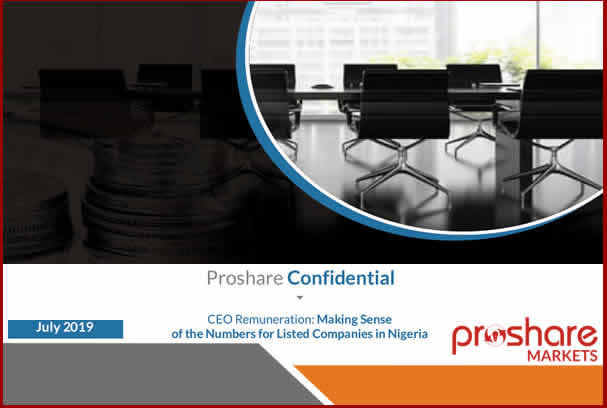
 6823 views
6823 views
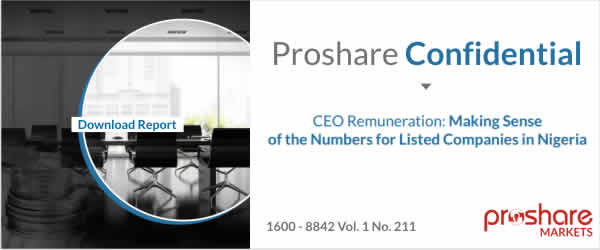


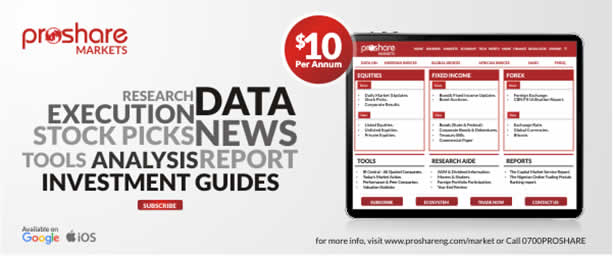



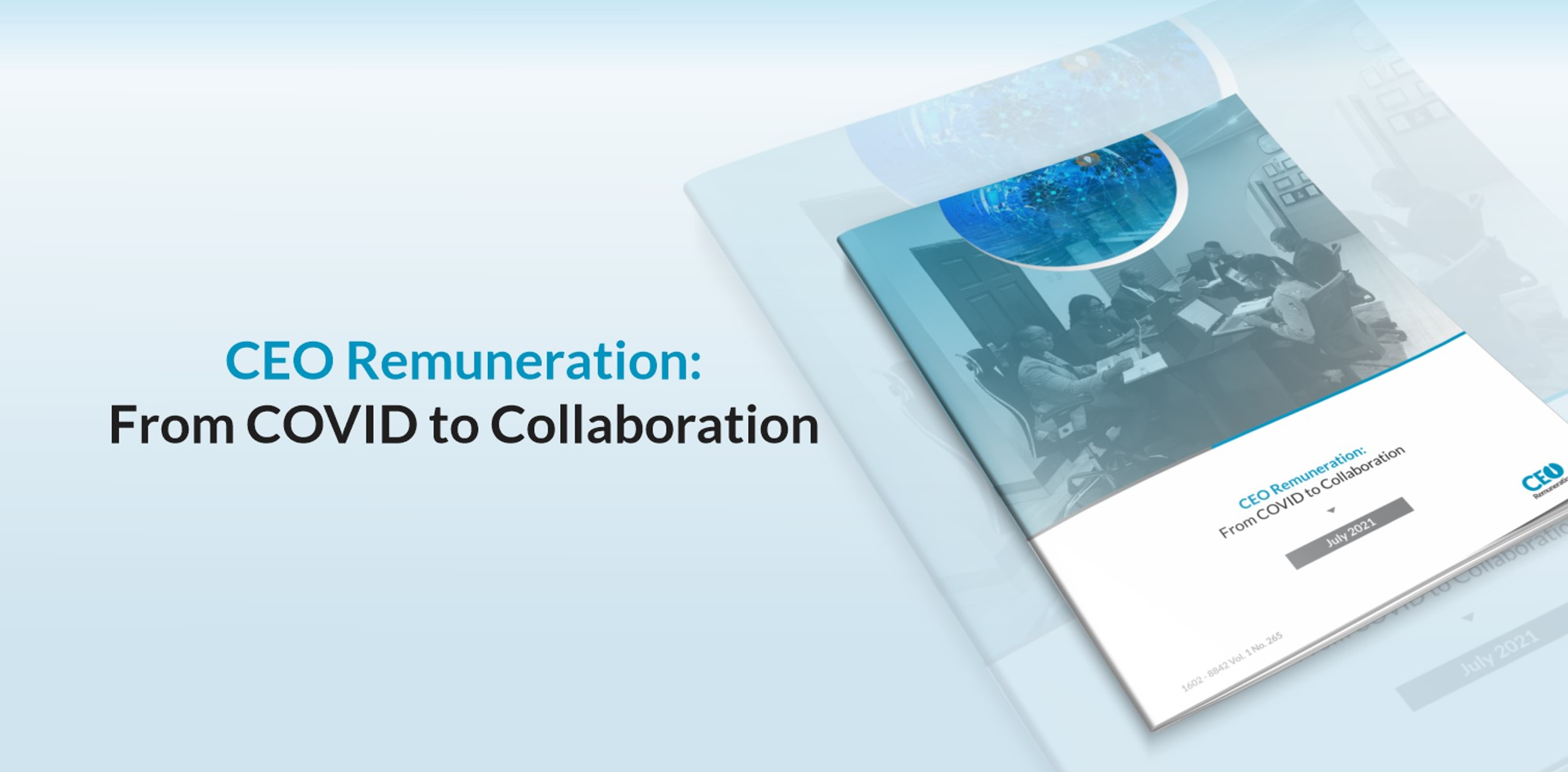
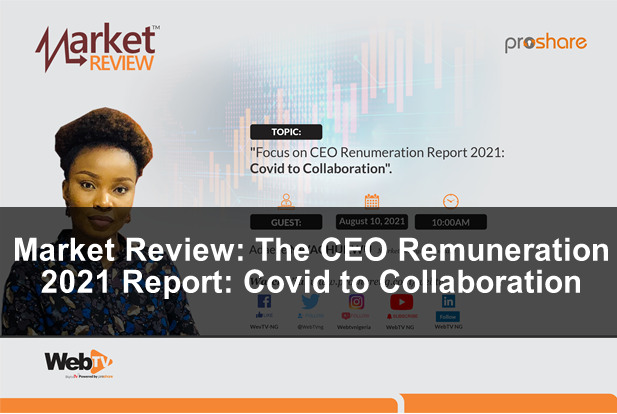

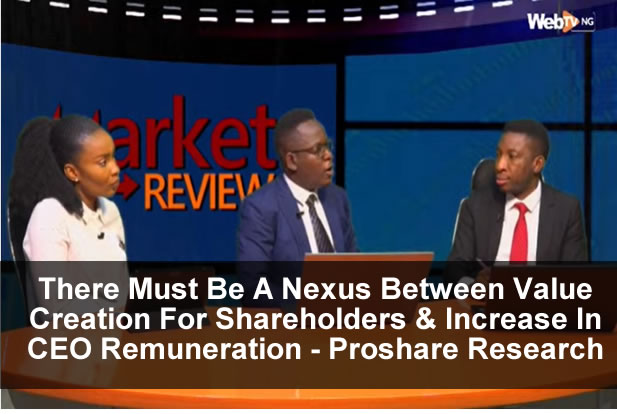
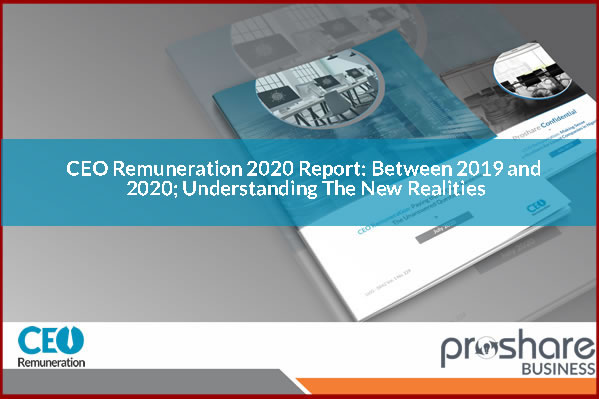

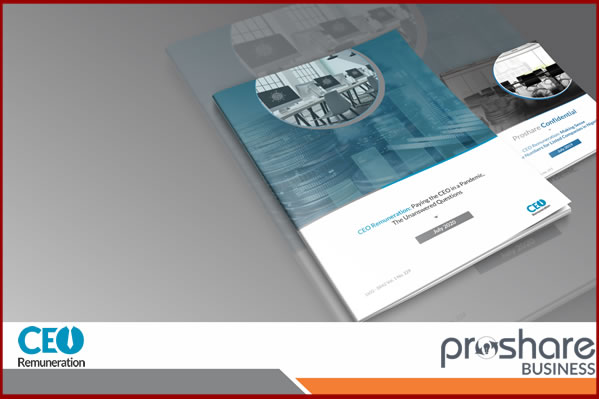





 Sponsored Ad
Sponsored Ad
 Advertise with Us
Advertise with Us









